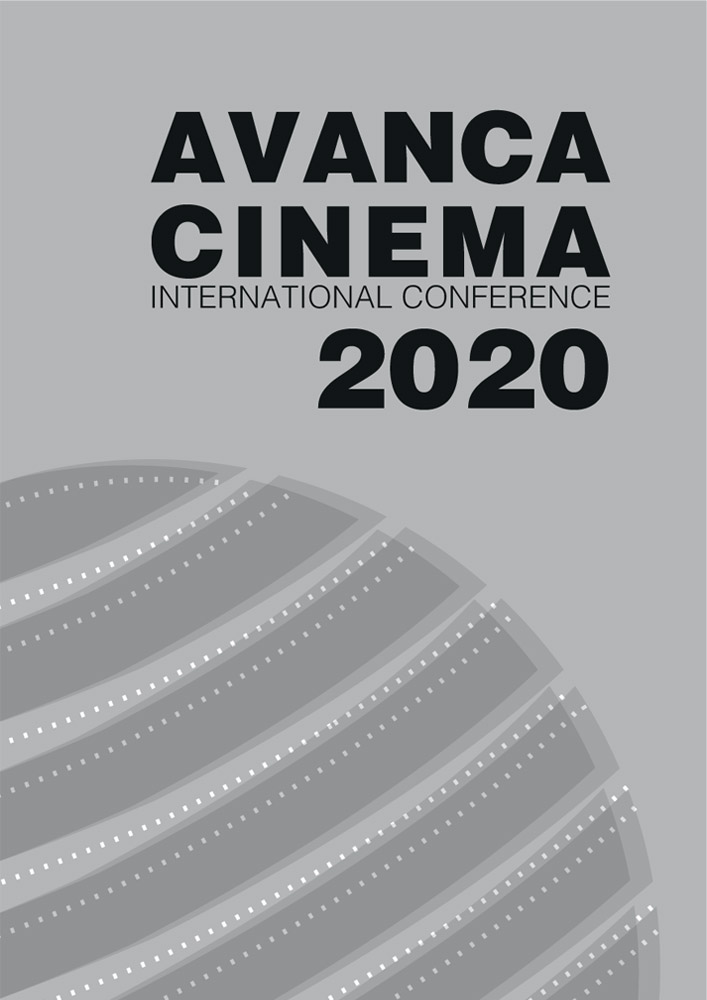Chapitre II _ Cinéma - Cinéma
Adapting Complex Time: Story of Your Life (1998) and Arrival (2016)
Résumé
In both literature and film, we’re faced with complex characters, complex plots, complex themes, complexity in narration and, occasionally, complexity in narrative structure, all of which have been long present in fictional works and all of which have been addressed extensively by scholars (we’ve witnessed a resurgence of these terms in academic circles in recent years following the rise of the puzzle film in the 1990s).
But what can be inferred when we consider narrative complexity in terms of adaptation?
For this study, I consider complexity in relation to nonlinear storytelling and apply stylistic methods of analysis to the blockbuster film Arrival (2016) and its source text - Ted Chiang’s short story, Story of Your Life (1998). The aim of this paper is to examine narrative complexity in adaptation and address questions surrounding what is adapted in such cases, how it is adapted, and the effects both versions of such a text can produce.
The argument that I advance is based on the premise that by breaking down the text (moving image and printed text) into its narrative components, we can develop a better understanding of how complex narratives such as this operate across platforms. My analysis focuses on the nonlinear narration, narrative focalisation and the presentation of coinciding narrative frames that are present in the source text and its film adaptation.

Ce travail est disponible sous la licence Creative Commons Attribution 4.0 International .

